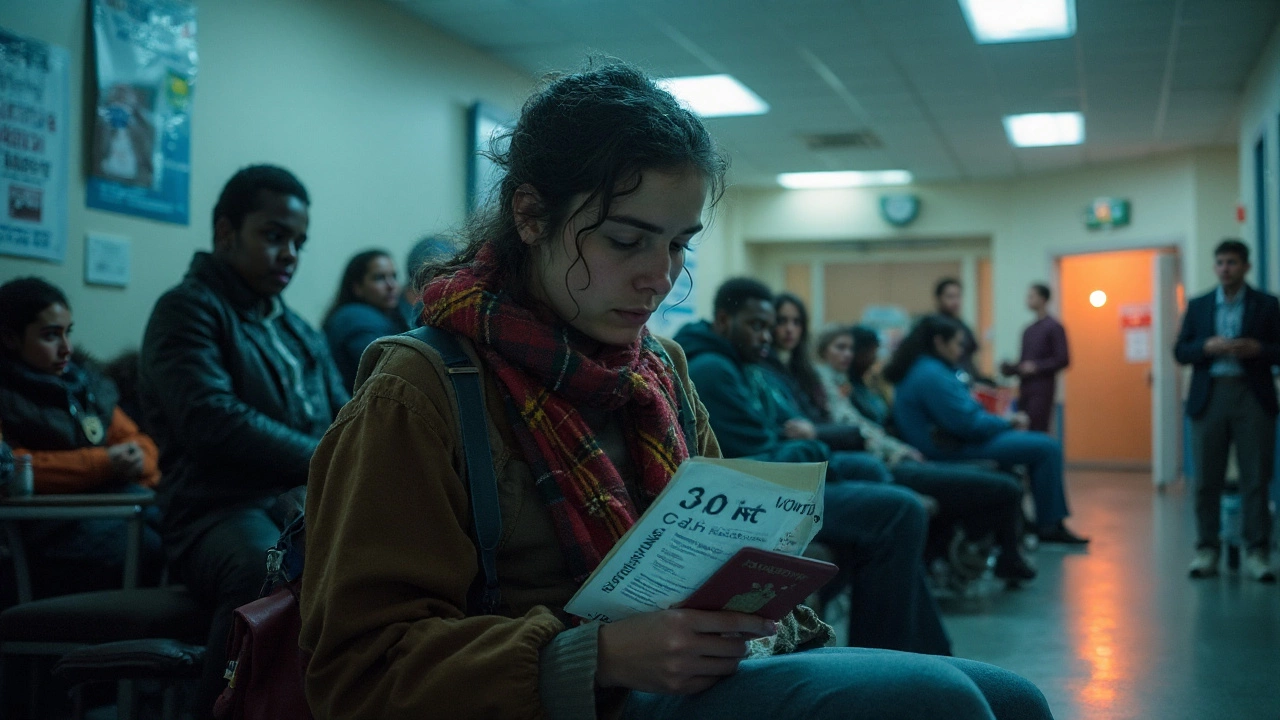Free Clinics: How to Get Essential Care Without Paying a Penny
Did you know you can walk into a clinic and get care for free? In the UK, free clinics pop up in cities, towns, and even some rural areas, offering everything from basic check‑ups to mental‑health support. They’re usually run by charities, volunteers, or local health boards, and they aim to fill the gaps left by the NHS and private providers. If you’re on a tight budget or just need a quick health question answered, these clinics can be a lifesaver.
Where to Find a Free Clinic Near You
The first step is to locate a nearby free clinic. A quick Google search for "free clinic" plus your city or postcode often shows a list of options. You can also check local council websites, community centres, or libraries – they frequently post flyers or bulletin‑board notices about free health services. Some national charities, like the British Red Cross or NHS Volunteers, maintain directories of free clinics that update monthly.
What Services Do Free Clinics Actually Provide?
Don’t expect the full range of private hospital services, but you’ll be surprised at how much is offered. Most clinics handle basic physical exams, blood pressure checks, wound dressing, and vaccinations. Many have mental‑health counsellors who can listen and give advice without a referral. Some provide dental check‑ups, eye tests, or even prescription refills. The key is that everything is free at the point of use – you won’t be asked for payment or insurance details.
Eligibility is usually simple: you don’t need a referral, health insurance, or a special card. Some clinics prioritize people who are uninsured, low‑income, or experiencing homelessness, but anyone can walk in. If you have a chronic condition, bring any medical records you have; the staff often help you connect with ongoing care through the NHS or other support programs.
Before you go, call the clinic or check its website for opening hours. Many operate evenings or weekends to fit people’s work schedules. Arrive a few minutes early, bring a photo ID if you have one, and be ready to fill out a short health questionnaire. The staff will guide you through the process, and you’ll usually see a health professional within 15‑20 minutes.
Free clinics also offer practical advice on navigating the wider health system. If you need a specialist referral, they can help you understand the NHS waiting‑list process or point you toward patient advocacy groups. Some even run health‑education workshops on topics like nutrition, stress management, or smoking cessation – all at no cost.
In short, free clinics are a valuable safety net for anyone needing medical help without the stress of bills. By knowing where to look, what’s available, and how to make the most of the services, you can take charge of your health without breaking the bank. Keep an eye on local community boards, ask your GP about nearby free clinics, and don’t hesitate to walk in – your health is worth it.
Can't Afford Healthcare in America? What Happens and How to Get Care (2025 Guide)
Can’t afford care in the U.S.? Learn what actually happens, your ER rights, where to get low-cost treatment, Medicaid options, and how to cut or fight medical bills.
Read More
